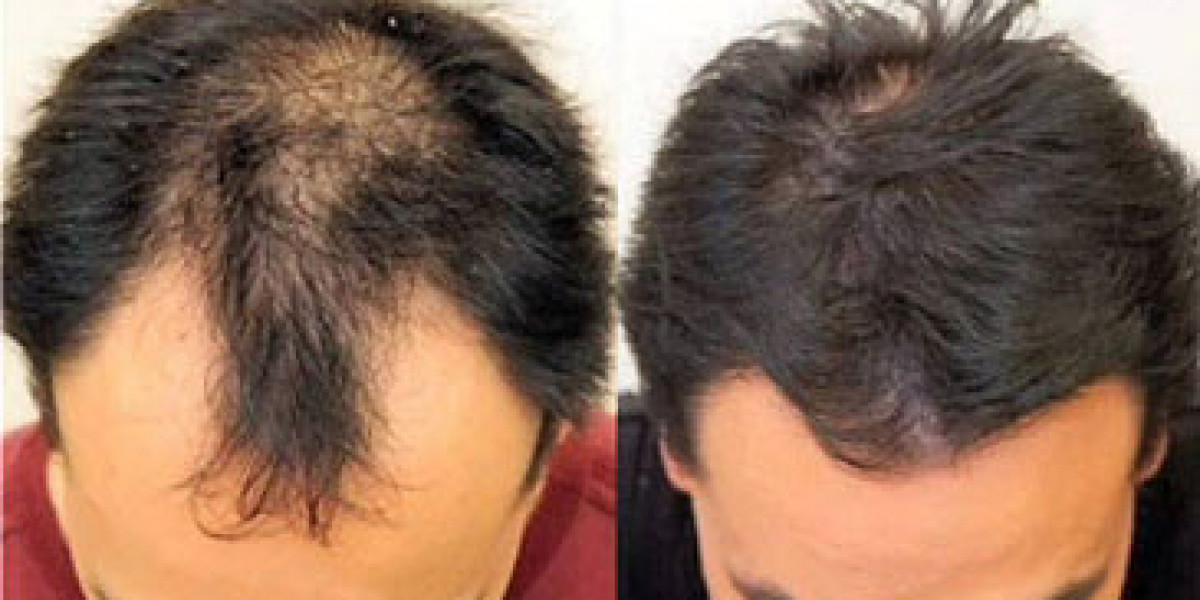Find the Perfect Hair Transplant Method for You
Hair loss can affect anyone—men or women—impacting not just appearance, but also self-esteem and confidence. Fortunately, advancements in hair restoration have made it possible to achieve natural, permanent results. However, with multiple techniques available, it’s important to know which hair transplant method suits your needs best.
From FUE to FUT and cutting-edge innovations, each method has unique benefits. Let’s break them down so you can make an informed choice.
Why Choosing the Right Method Matters
Not every hair transplant technique works for everyone. Your age, stage of hair loss, donor hair quality, lifestyle, and desired results all play a major role in deciding the most effective procedure.
Selecting the right method ensures:
Natural hair growth patterns
High graft survival rates
Faster recovery time
Long-lasting outcomes
Minimal complications
Popular Hair Transplant Techniques
1. FUE – Follicular Unit Extraction
FUE is one of the most advanced and minimally invasive techniques. It involves extracting individual hair follicles from the donor area (usually the back of the scalp) and implanting them into thinning or bald spots.
Key Benefits:
No stitches or linear scars
Minimal downtime
Ideal for short hairstyles
Quick healing with less discomfort
Suitable for both men and women
Best For:
Those with mild to moderate hair loss, people who want a discreet procedure, and individuals seeking a quick recovery.
2. FUT – Follicular Unit Transplantation
Also known as the “strip method,” FUT involves removing a strip of scalp from the donor area, extracting follicles under a microscope, and transplanting them.
Key Benefits:
High graft yield in a single session
Cost-effective for large bald areas
Reliable for advanced hair loss cases
Points to Note:
FUT leaves a thin linear scar and requires a slightly longer recovery period compared to FUE.
FUE vs FUT – Quick Comparison
| Feature | FUE | FUT |
|---|---|---|
| Extraction | Individual follicles | Strip of skin |
| Scarring | Tiny dot scars | Linear scar |
| Recovery | Faster | Slightly longer |
| Ideal For | Small–medium baldness | Large bald areas |
| Cost | Slightly higher | More affordable |
Advanced Hair Transplant Technologies
Modern tools have made hair transplants more precise, comfortable, and natural-looking. Some innovations include:
Sapphire FUE: Uses sapphire blades for smoother incisions and faster healing.
Direct Precision Implantation (DPI): Advanced implantation technique for high graft survival rates.
Laser Hairline Design: Creates a perfectly symmetrical and age-appropriate hairline.
No-Root-Touch Technique: Prevents damage to follicles during placement.
These upgrades deliver denser, natural-looking hair with minimal downtime.
Which Method is Right for You?
For Men:
Early-stage hair loss: FUE or Sapphire FUE
Advanced baldness: FUT or a combination of FUT + FUE
Need quick recovery: FUE/DPI
For Women:
Diffuse thinning: FUE without full shaving
No visible scars: Long-hair FUE or FUT
High aesthetics: Sapphire FUE + PRP therapy
Factors to Consider:
Budget
Time available for recovery
Long-term hair restoration goals
Steps in a Hair Transplant Procedure
Consultation & Diagnosis – Hair loss assessment and donor area check
Hairline Planning – Designing a natural and balanced look
Extraction – Using FUE or FUT method
Graft Storage – Maintaining optimal conditions for survival
Implantation – Placing follicles in natural growth direction
Post-Care – Medication, scalp care, and follow-up appointments
Final Thoughts
The best hair transplant method depends on your unique hair loss pattern, expectations, and lifestyle. Whether you choose FUE, FUT, or the latest innovations like Sapphire FUE and DPI, the right approach can restore not just your hair but also your confidence.
For the best results, consult a trusted clinic with advanced technology, experienced surgeons, and a personalized treatment plan. Your perfect hair restoration journey begins with the right choice.








